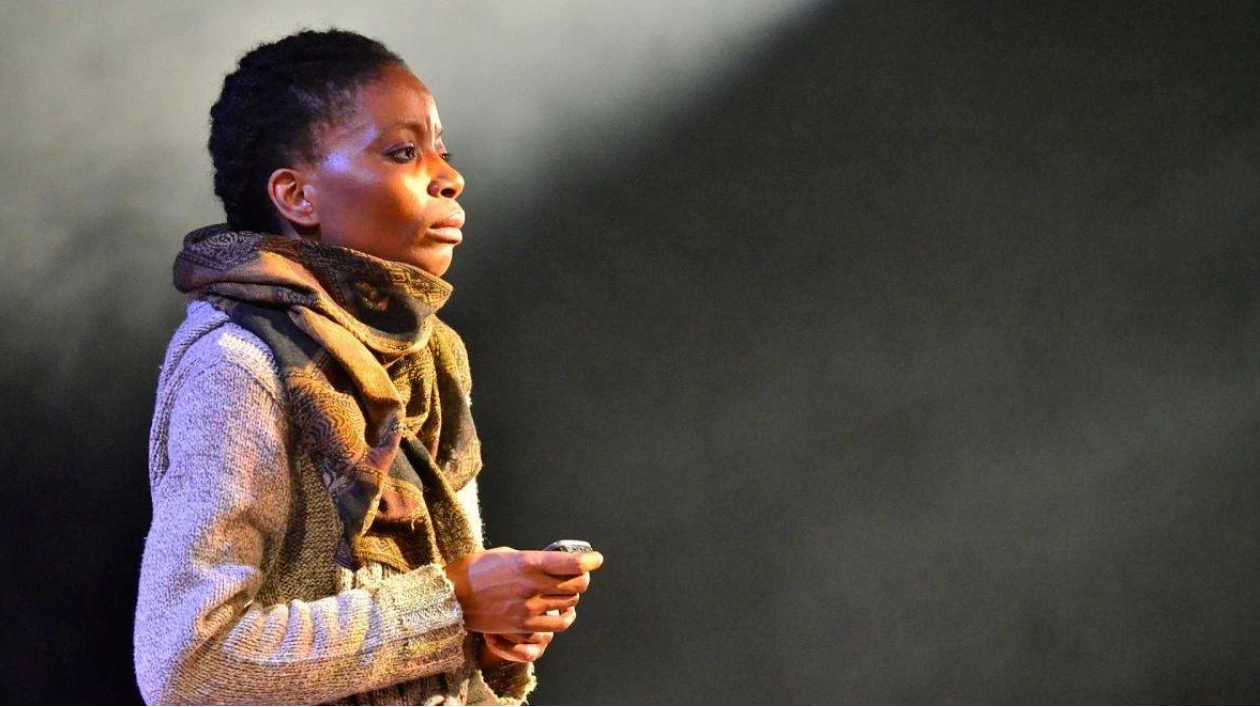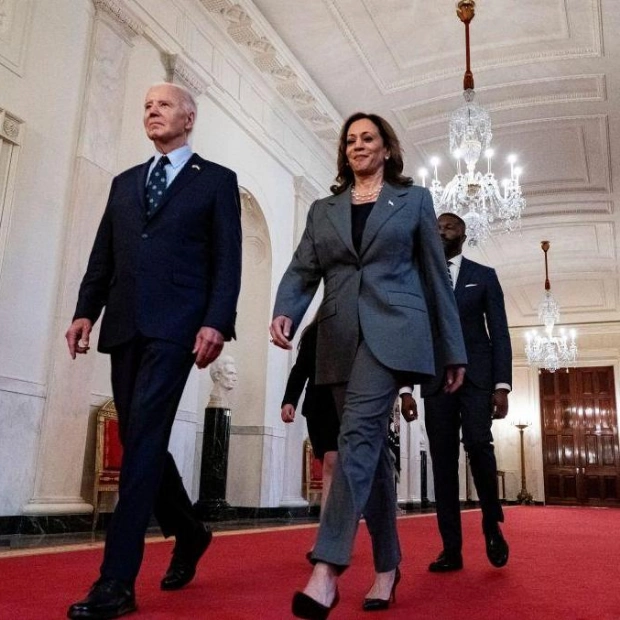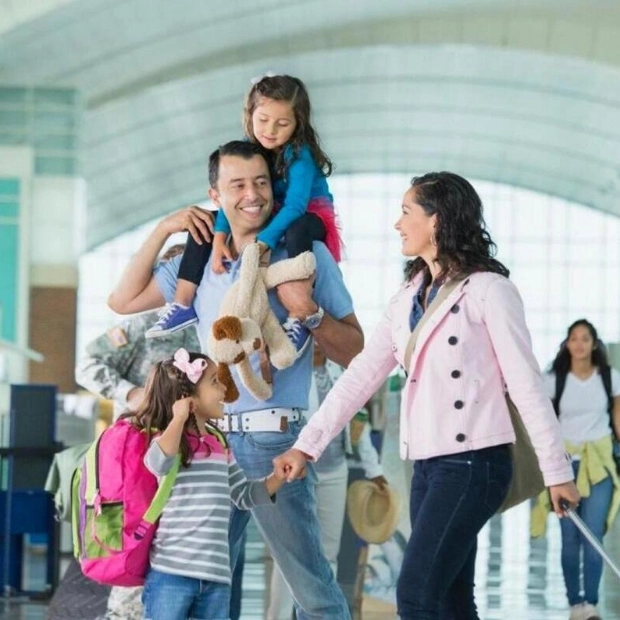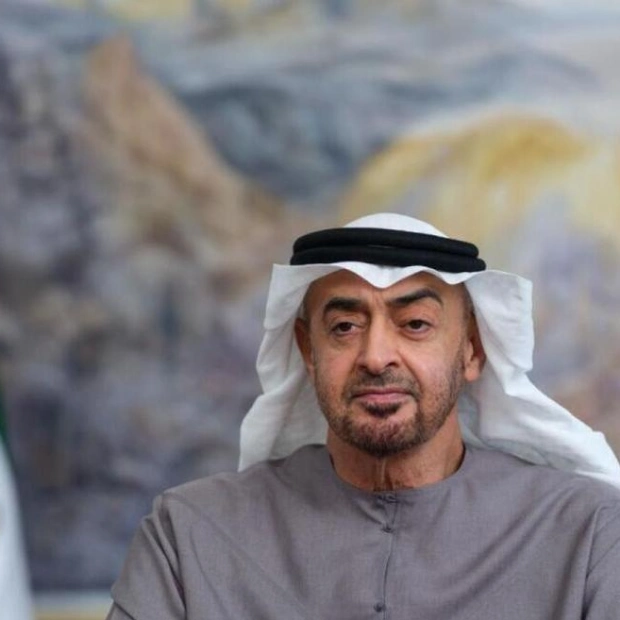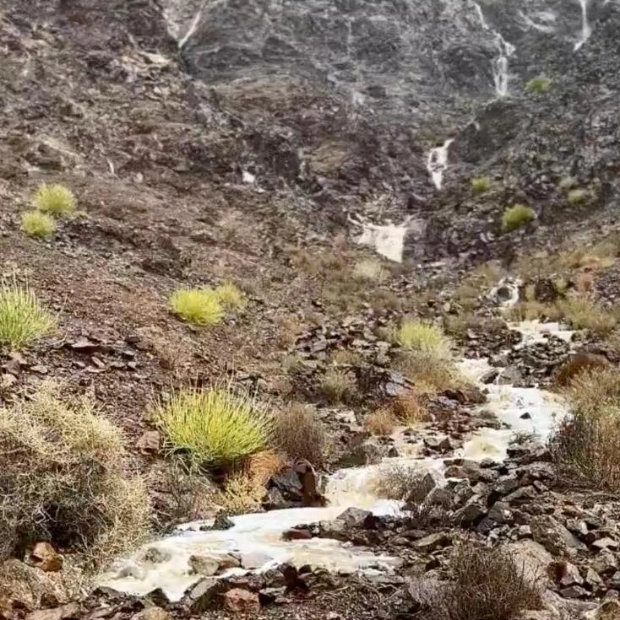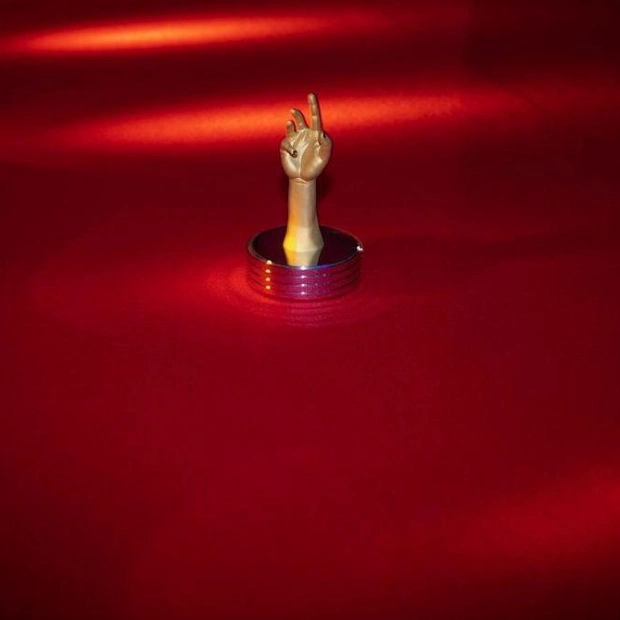Mende Nazer, a child from Sudan’s Nuba Mountains, was abducted during a slaving raid and spent six years as a domestic slave in Khartoum before being sent to London. Her harrowing experience was documented in the book 'Slave: My True Story,' which later inspired the 2011 play 'Slave: A Question of Freedom.' As civil war rages on in Sudan, the play returns to UK theatres this year.
Dr. Caroline Clegg, the play’s director, shared with Euronews Culture, “It’s been about 24 years since Mende’s experience, but there are thousands and thousands of Mendes still all over the world.” The play is set to begin its UK tour on October 9 at the Lowry in Salford, followed by performances in Bristol, Prescot, and London. This poignant narrative about trafficking victims and asylum seekers is particularly relevant, especially after recent far-right anti-immigration riots in the UK.
Clegg first encountered the play in 2004. “Within the first few hours, it had changed my life,” she recalls. Nazer’s ordeal, coupled with the UK Home Office denying her initial asylum claim, opened Clegg’s eyes to the vast human suffering caused by modern slavery. Together with writer Kevin Fegan, Clegg and Nazer crafted the play, ensuring it was told in Nazer’s voice. “We are creating a piece of theatre that will project Mende’s truth and not shy away from the difficult subjects,” Clegg explains. “If we just gloss over it, then I don't think we're serving Mende or other people who have gone through it. We have a responsibility to share that honestly.”
The play also celebrates the Nuba culture that Nazer was torn away from. “There's no getting away from it. I'm a white person,” Clegg acknowledges. Despite her lack of firsthand experience, she made a promise to celebrate Nazer’s culture. The Nuba people, a group of around 50 indigenous ethnic groups in Sudan, face cultural erosion due to the ongoing civil war. During their collaboration, Clegg hosted Nazer alongside other members of Manchester’s Sudanese community, where Nazer sang a traditional Nuba song for the first time since her childhood. This song, along with many other cultural elements, was incorporated into the show.
Mohand Hasb Alrosol Abdalrahem, an actor in the play, came to the UK as an asylum seeker in 2015. His initial application was accepted in 2016, and he was sent to Bradford. Wanting to learn English, Mohand joined a drama group. “My idea was to just meet British people and catch the language,” he says. Eventually, he was cast in a show about the Calais Jungle, drawing from his firsthand experience. Joining the production of 'Slave: A Question of Freedom' has been cathartic for Mohand, especially as it highlights the vibrant Nuba culture and his deep desire to return to Sudan.
Beyond raising awareness, Clegg and her theatre company, Feelgood Theatre, have used the play to raise charity aid for Sudan and trafficking victims. The original run of the play raised £10,000 (€12,000) to build water pumps in Nazer’s village. Clegg has also traveled with Nazer to Sudan, delivering £25,000 (€30,000) of medical aid in 2017. This year, the theatre has helped fundraise for a maternity clinic and £10,000 (€12,000) in food relief. The latest run of the play includes four roundtable symposium discussions on modern slavery.
For Clegg, keeping Sudan and trafficking victims at the forefront of people’s minds is paramount. “There are one or two MPs and peers who keep it on the agenda. But it's not enough,” she says. “I just want to show people that everybody's a human being. We've all got the same thoughts, feelings and hopes and desires for our family, and that Sudan is the most incredible country, that’s so diverse, and with the most amazing people.” Mohand shares similar hopes, adding, “Ever since the war started, that we can come back to our country.”
